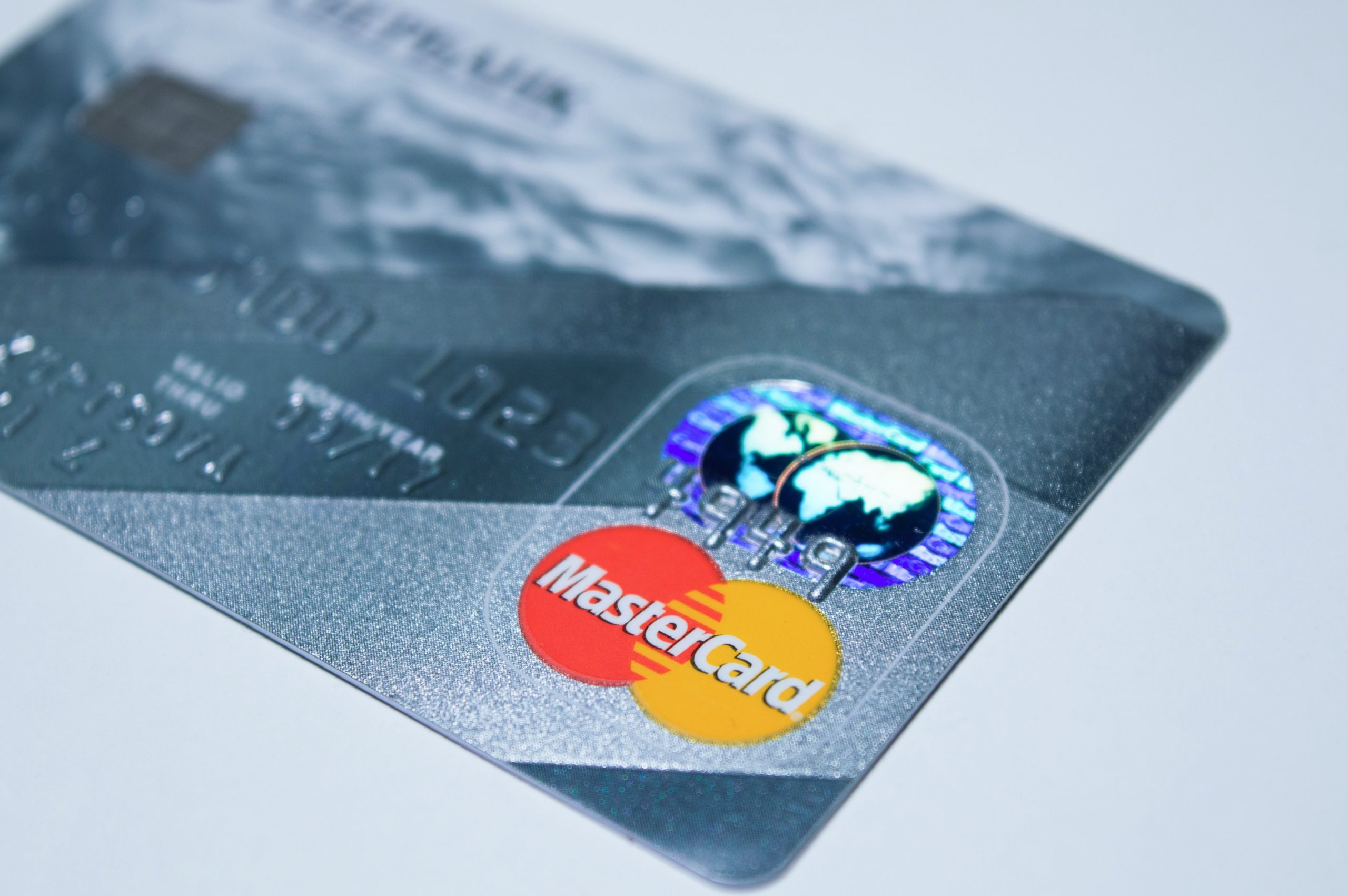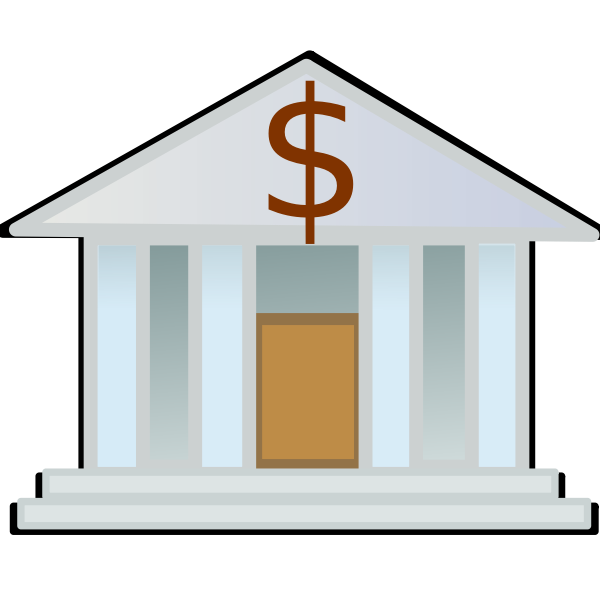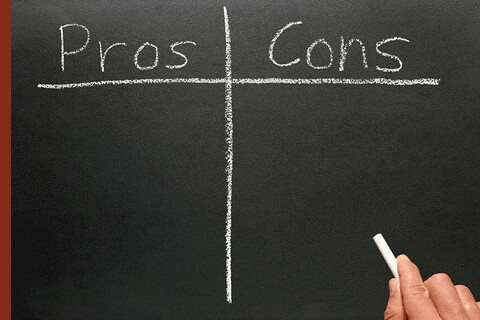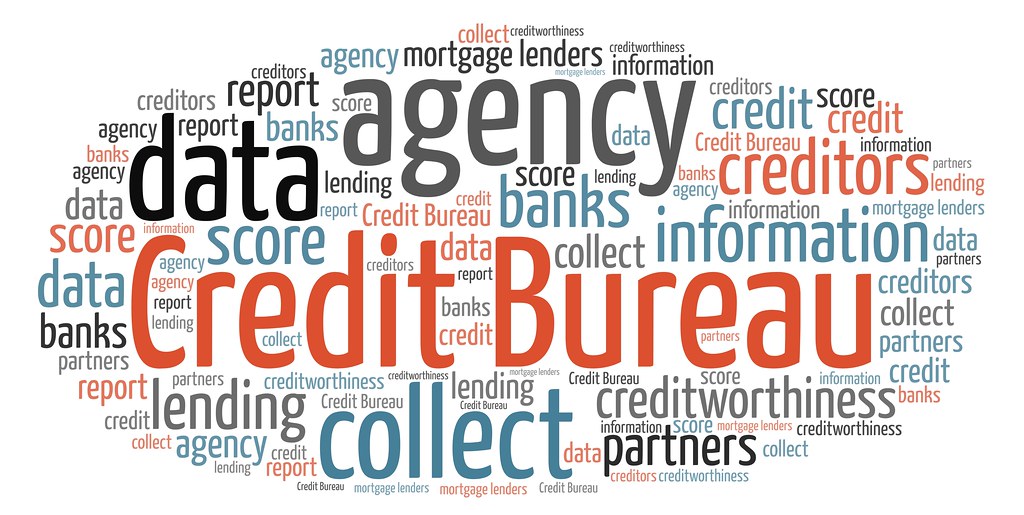Mortgage Process Guide: All You Need To Know
If you’re looking to buy your dream home, you’ll have to navigate through an extensive loan mortgage process.
After all, you won’t get a mortgage by simply requesting it. You need to apply for the loan and find the right property side by side to complete the process of purchasing a house and getting a loan. Also, both the homeowner and mortgage lender will check several things, including your credit score, before approving your request. So, ensure you understand the entire mortgage process before applying for a loan.
Mortgage Process Stages
You need to go through several steps in your mortgage process. Here, we’ve mentioned each step to help you understand what to do.
Calculate Your Budget
When planning to purchase a mortgage, consider a few things before applying. First, consider your budget and how much property you can afford. This will help you set realistic expectations for choosing a mortgage loan or selecting a property.
You can start by estimating how many monthly payments you easily afford. Then, think about the mortgage interest rate in your location to understand your maximum home buying power.
Get Pre-Approved for a Loan
Once you know your budget, you can start looking for suitable properties. But before that, you need a pre-approved letter from a lender. Wondering why? This will indicate how much of a loan you can get based on your credit score, income, and savings. Remember: this is a crucial step in the mortgage process before you start looking for a house. When you have a pre-approved letter, the seller will be interested in showing you their house and negotiating the price with you. That’s because they’ll have solid proof that you are eligible for a loan and will surely purchase their house.
Note that a pre-approval letter is different from a pre-qualified letter. Generally, realtors ask for pre-approval letters rather than a pre-qualified letter. This is because pre-qualified letters only have an estimation of the mortgage and are not verified. The lender offers you this letter by asking you a few certain questions. On the other hand, a pre-approval verifies your credit report, bank statements, credit score, W2s, and other things. Hence, it’s an offer from a bank or institution to lend to you. You have the freedom to choose another lender later, but use this letter to search for an ideal house.
Credit and Mortgage
If you want a mortgage, you need a good credit score and credit history. When you request a pre-approval letter from a lender, they will pull a soft inquiry on your credit report to check your score and credit history. Your credit is an indication to the lender that you have the ability to repay the loan. It also shows that you make your monthly payments on time and don’t have a lot of debt. Your lender will also check the credit to ensure that there is no risk of you getting bankrupt.
Typically, institutes require a FICO score of more than 620 to approve a mortgage. Keep in mind that lenders offer you the lowest interest rate when you have a higher credit score, which is around 760 or higher. Plus, FHA guidelines require borrowers with a score of 580 or more to make a smaller down payment of around 3.5%.
Borrowers who have lower credit scores need to make higher down payments. If you have a lower score, lenders will recommend improving it before purchasing a mortgage. This way, you will get favorable loan terms and lower interest rates.
Your credit is the main factor that determines whether you can get a mortgage or not. So, consult a credit expert before going to a lender to check your credit condition.
Look for the Properties
Once you have a pre-approved letter, it’s time for the most awaited part- finding your dream house. Look for some properties with your real estate agent, and narrow down the best option for you. Make an offer that you and your realtor believe should be the price of the house. It’s vital to take your realtor’s opinion as they understand what factors to look for to estimate the value of your house.
When an interested buyer makes an offer, they should also submit the earnest money deposit. This is a cash deposit that secures your favorite property for you and shows your home seller that you are interested in the house. Also, it needs to be 5% of your property’s purchase price but can vary based on your local market’s rates.
Discuss the matter of earnest money with your agent ahead of time, and prepare yourself to write a check to secure your favorite house.
Complete Mortgage Application

This is the next step of the mortgage process. If you have decided on your lender, you need to complete a mortgage loan application. Based on the lender you choose, you may have already completed half of the mortgage process during pre-approval. At this stage, you’ll have to submit and sign a few documents. For instance, your lender will require proof of earnest deposit and Purchase Agreement.
You may also need to submit asset and income documentation such as bank statements and pay stubs as part of the mortgage process. Once you are done with this step, you will get a complete loan estimate within three days. It will include the exact fees, rates, and terms of the mortgage process that you will receive.
Go Through Underwriting Process
The next step of the mortgage process is to get your application assessed by underwriters. Mortgage underwriters are among the most important people who decide your mortgage process. They are the ones who make the final decision of your approval.
Additionally, underwriters will verify every aspect of your loan application and go through several other steps. For example, you need to conduct an appraisal for the house you are planning to take out a mortgage against. They will determine if the funds they will get after selling the property will be enough to cover the amount you will borrow from the lender.
After assessing each aspect, underwriters will give their approval. They will approve the application, reject it, or approve it but with some conditions. For instance, you might get approval based on the condition that you will provide more information about your credit history.
Also, when your application is approved, you have to pay a specific interest rate throughout the period of the loan.
Close the Deal
Was your mortgage application approved? If yes, you need to close the deal. There will be a great number of documents that will be printed out, and your realtor will invite you to the office for a closing meeting.
You will be asked to check several documents- the most important of them all is your closing disclosure form. On this document, you can see a column indicating final closing costs and estimated closing costs and another column showing the difference if the costs increase.
Furthermore, the closing cost will be between 2% to 5% of the total home’s purchase price. For instance, if you purchase a house for $200,000, you need to pay $4,000 to $10,000 for the closing costs. Note that closing fees depend on your loan type, state, and mortgage lender. So, it’s important to check whether the closing fees are calculated properly in your case.
While analyzing the document, you may find that the closing fees are higher than what you expected, or there are fees that weren’t in the original loan estimate. Discuss the matter with your real estate agent and lender in that case. On the other hand, if everything is in order, you can sign all the closing documents.

How to Raise Your Credit Score?
As we have discussed, a credit score plays a significant role when you want to purchase a mortgage. It can allow things to turn out in your favor or force you to abandon your dream of becoming a homeowner.
Fortunately, hope is not lost if your credit score is low because you can improve it with a few tricks. You need to do a few things for the mortgage process before applying for a mortgage.
Pull Free Credit Report
Before going through the mortgage process, check out your free credit report. Request your credit files from all three major credit bureaus: Equifax, TransUnion, and Experian. Don’t worry; the copy of the credit report will be completely free and won’t lead to hard inquiries on your credit, as everyone with a credit line can get their report once a year.
When you get your credit report, check for things like:
Credit Reporting Errors
Unauthorized and unexplained credit card debt, new accounts you didn’t open, and other discrepancies indicate errors in your credit report. They might occur due to mistakes on the part of your credit card bureau.
Negative Information
Any such negative information can lower your credit score significantly. This includes low available credit, hard inquiries, collection accounts, late payments, and high credit utilization.
Dispute Errors and Negative Information
Have you seen negative information on your credit? Credit errors are common, and you can easily dispute them with the help of a credit expert. Under the FCRA policy, credit users have the authority to challenge errors with the credit bureau in question. Also, they have to investigate the matter in 30 days.
Correcting negative information on your credit will improve your score immediately. Therefore, this step should be on your priority list. If you find the mortgage process daunting and challenging, you can hire financial experts who will file the dispute on your behalf.
Pay all Credit Card Debt
One of the most important factors that impact your credit score is your credit utilization rate. You are using these percentages compared to your total credit limit. For instance, if you have a balance of $10,000 on a credit card with a limit of $20,000, your credit utilization ratio will be 50%.
To improve your score, you need to pay all your revolving debt to lower this rate. You can also raise your score by replacing your revolving credit debt with a personal loan. For people who find it hard to pay their debt, they can request creditors to increase their credit card limit. However, make sure to avoid using more credit to maintain a lower credit card utilization rate.
Don’t apply for New Loans and Credit Cards.
If you want to secure your future and live in a beautiful home, you need to avoid applying for new credit. This is because each time you apply for credit, your lender will pull your credit report, which leads to hard inquiries. The more hard inquiries on your credit history, the lower your credit score will drop.
Also, if you don’t have any choice except to apply for credit, opt for a merchant who is more likely to approve your loan. Hence, look for a secured credit card at your fuel merchant, local bank, or departure store. When you follow these steps, you can easily improve your debt-to-income ratio.
Bottom Line
Getting approval for a mortgage and finalizing your lender and loan is a long process. It requires knowledge of different financial aspects, like the impact of your credit score on your mortgage application. You also need a real estate agent on your side to help you find the right property and close the deal. Similarly, you also need a financial advisor who helps you secure the best home loan based on your preferences and needs.
Experienced and skilled financial advisors will also help you go through the entire mortgage process. They will also analyze your financial conditions to make sure that you get a loan. Therefore, hire experts like Credit Follows who can help you improve your score.






